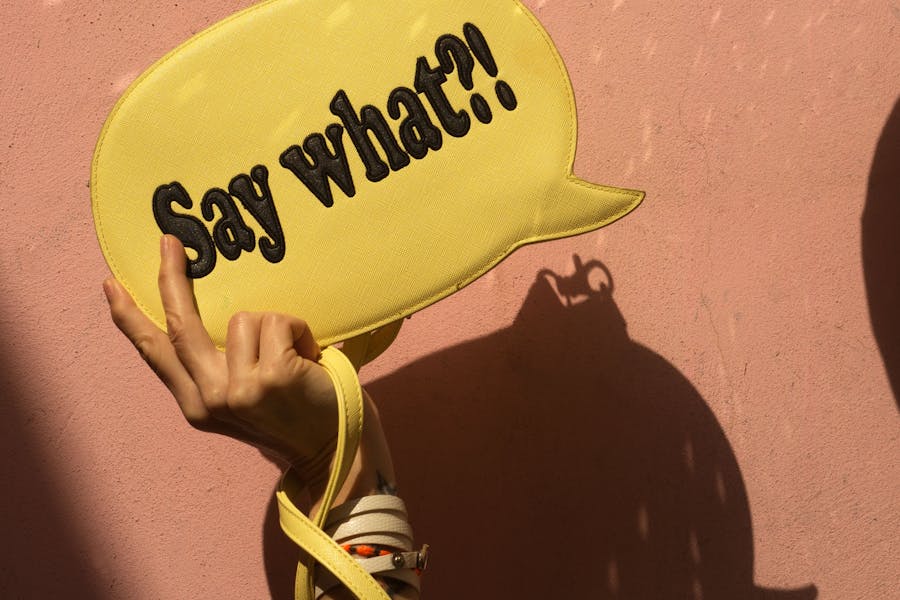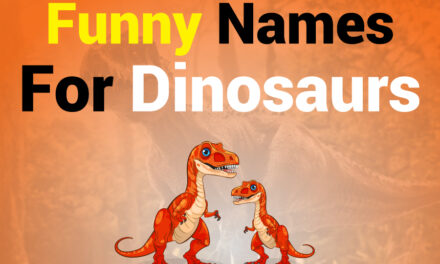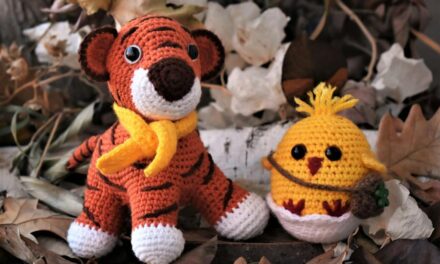Everyone knows that one person who simply cannot resist asking questions — the friend who turns every statement into an inquiry, the child who dissects every rule, or the colleague who transforms a simple meeting into a philosophical debate. Having a funny name for someone who asks a lot of questions turns that habit into something memorable and charming instead of overwhelming. Humans love humour, and humour turns personality quirks into lovable stories.
From ancient philosophers to modern meme culture, curiosity has always shaped civilisation. Yet socially, it can also become comedic. We tease our friends, calling them Detective Dan, Curious Cathy, or Professor Why — not to offend, but to celebrate their need to know. That instinct drives creativity and discovery. A world without curious people would be static and dull.
funny name for someone who asks a lot of questions? could be Curious George, Question Queen, or Ask-a-Lot Andy. Such names humorously capture curiosity while turning an endless flow of “whys” into laughter instead of annoyance.
Why We Love Giving Curious People Funny Nicknames
Curiosity sits at the heart of human nature. Every discovery, invention, or social shift began with a question. Yet constant question-asking can frustrate people — especially in casual settings. That’s where humour rescues us. Giving someone a funny name for someone who asks a lot of questions changes irritation into entertainment.
Think about a friend who always interrupts with “But why?” At first, you might sigh. After a few encounters, however, the group starts jokingly calling them “Professor Why” or “The Detective.” Suddenly, their behaviour feels less intrusive and more endearing. Humour reframes personality traits, making them socially acceptable.
Psychologically, humour functions as a diffuser. When people laugh together, they connect. Assigning a lighthearted nickname creates belonging rather than distance. It signals that the group sees the person’s curiosity as part of their identity. Research on group dynamics even shows that nicknaming strengthens relationships through shared laughter.
Historically, societies have celebrated questioners. Socrates annoyed the Athenians with endless inquiries, but his questioning birthed Western philosophy. Leonardo da Vinci filled notebooks with scientific “whys.” Had they lived today, friends might have called them Mr Why-Not or Detective Da Vinci. The label would capture admiration and amusement simultaneously.
Moreover, language itself carries immense power. Words like nosy or inquisitive can sound negative, but when infused with humour, they take on a playful and endearing tone. A nickname like “Question Queen” feels lighthearted rather than critical. This linguistic shift turns humour into an ally of empathy, allowing us to recognise someone’s curiosity and enthusiasm without diminishing their character or intentions.
In short, these names transform curiosity from potential annoyance into affectionate identity. They allow us to laugh with the person, not at them. Curiosity mixed with humour becomes the glue that binds human interaction.
The Right Time to Give Someone a Funny Nickname
Using humour to nickname a curious friend can turn constant questioning into connection. With the right timing and tone, a funny name builds warmth instead of irritation.
The Art of Timing
Humour depends on timing and relationship. Dropping a nickname too early risks offence; using it after shared laughter ensures warmth. Wait until curiosity has become an inside joke.
Everyday Social Scenes
Nicknames thrive in relaxed environments — friends chatting, family dinners, casual team meetings. A parent might grin at their child’s endless “why?” and say, “Okay, Detective Dora, case closed!” That playful label turns exasperation into joy.
Cultural Layers of Humour
Culture moulds what counts as funny. In the U.K., “Nosy Parker” describes the overly curious; in the U.S., “Question Queen” or “Curious Carl” fits better. In Japan, “Naze-Kun” — literally “Mr Why” — praises persistence. Each society creates its own funny name for someone who asks a lot of questions, balancing respect and ridicule.
Humour Across Generations
Older generations might tease curiosity as nosiness, while younger ones celebrate it as creativity. The digital era, especially in media covering trends like Time in America, showcases how curiosity evolves with culture. Modern audiences view relentless questioning not as rudeness but as research — a mark of engagement and intelligence.
Online Nicknaming
Social media has amplified the art of playful labelling. On Reddit, meticulous commenters earn titles like “Wiki-Warriors,” while TikTok users crown outspoken creators “Info Overlords.” The internet has transformed curious personalities into lighthearted memes of self-awareness, celebrating the idea that curiosity and the pursuit of knowledge never go out of style.
Examples and Meaning Behind the Funniest Curious Nicknames
Names that describe constant question-asking often blend rhythm, cultural reference, and clever wordplay. Below are deeper interpretations of the most beloved ones — each paragraph elaborates on the humour and intent behind the label.
- Curious George: symbolises innocent curiosity. Originating from children’s literature, it paints curiosity as adorable, not disruptive. Adults using this nickname evoke nostalgia and warmth.
- Professor Why: captures intellectual persistence. Every group has one person who treats discussions like lectures. Instead of resenting it, people laugh, thinking, “Here comes Professor Why.” The name frames knowledge-seeking as part of their charm.
- Detective Dora / Detective Dan: nods to pop culture’s obsession with investigation. It implies that the person digs for truth even in trivial matters, turning conversations into playful interrogations.
- Ask-a-Lot Andy: flows easily off the tongue. The repetition amplifies humour, making it perfect for storytelling among friends.
- Question Queen or King: gives curiosity royal status, transforming potential irritation into admiration. It says, “You lead the realm of curiosity.”
- Why-Fi Hunter: updates the trope for the digital generation — the person constantly “searching for connections” both literally and metaphorically.
- Mr Know-Maybe: parodies “Mr Know-It-All.” It celebrates the halfway experts who almost always know the answer.
- Nosy Nina: remains timeless. It gently teases without malice, reflecting classic humour rooted in observation.
The Psychology of Turning Curiosity into Comedy
Why does labelling someone with a humorous nickname for their curiosity feel so natural? Psychologists explain that humans often use laughter to manage social tension. When repetitive questioning starts to feel overwhelming, humour acts as a diffuser — easing irritation and turning potential frustration into shared amusement.
Nicknaming operates as social shorthand. It signals that everyone recognises the behaviour yet accepts it. Over time, the labelled person internalises the role, sometimes proudly. That identity can boost confidence instead of shame.
In childhood, parents often nickname inquisitive kids “Little Detective” or “Question Machine.” Such framing reinforces exploration rather than suppression. Encouragement through humour strengthens communication skills and critical thinking.
Crafting Clever and Funny Names for Inquisitive People
Creating a humorous nickname for someone curious requires a mix of creativity, empathy, and timing. The goal is to highlight their inquisitive nature while keeping the tone warm and engaging.
Observe Their Questioning Style
Start by noticing the kind of questions they ask. Are they deep thinkers, random fact-seekers, or serial “how-to” askers? Tailor the nickname to their style. Someone who craves detail might be called Detective Data, while a philosophical thinker could become Why-Me Wanda.
Balance Tone and Intent
The tone should match your relationship. For close friends, affectionate names like Curiosity Champion or Professor Why feel personal and fun. In professional or formal settings, lighter options such as Analyst Alex work better without crossing boundaries.
Play with Sound and Style
Phonetic flair makes names memorable. Rhyme, rhythm, and alliteration—like Question Queen, Ask Annie Again, or Why Guy Wyatt—create a natural flow that sticks.
Add a Dash of Pop Culture
Borrowing from iconic characters or stories gives names instant recognition. A nickname like Sherlock Sue or Info Iron Man fuses humour with familiarity, transforming curiosity into charm. A well-crafted nickname celebrates inquisitiveness while making everyone smile.
Conclusion
In every era, the people who transform societies are those unafraid to ask. Calling them Question Queen or Detective Dan doesn’t mock their persistence — it honours it with laughter. A funny name for someone who asks a lot of questions bridges intellect and emotion, turning interrogation into inspiration.
Next time someone peppers you with “whys,” smile and reply, “Take it away, Professor Why.” Because behind every laugh is the spark that leads humanity forward.
FAQ’s
Why do humorous names help people bond?
Humour creates shared experiences that bring people closer. A funny nickname turns repetitive habits into inside jokes, easing tension and building genuine warmth in relationships through laughter and mutual understanding.
Is it okay to use such names at work or school?
Yes — as long as the nickname is positive, inclusive, and well-received. When delivered with kindness, humour fosters camaraderie, improves morale, and helps teams or classmates feel more connected and at ease.
How can I invent my own nickname for a curious friend?
Start by blending rhyme, personality, and empathy to create something fun yet respectful. Observe what kind of questions they ask, and choose a name that feels playful — if it makes them laugh, you’ve found the right one.
Do cultures differ in how they view curiosity?
Definitely. In Japan, constant questioning is often admired as a sign of intelligence and learning. In Britain and the U.S., curiosity is just as valued but often expressed with witty teasing or humorous nicknames.
Why should we celebrate curiosity?
Because curiosity drives progress, discovery, and creativity. Every breakthrough begins with someone brave enough to ask “why,” and humour adds a joyful spark that makes that questioning spirit contagious.










